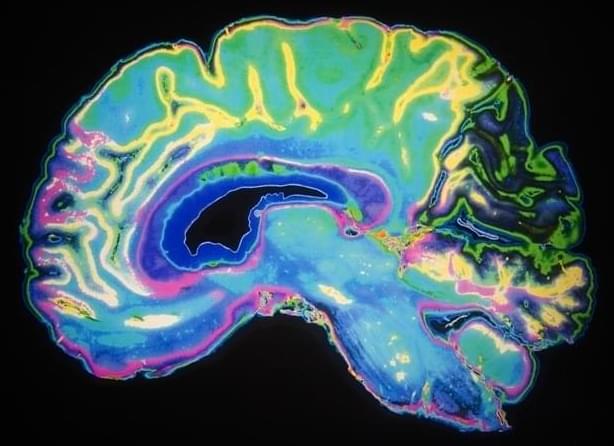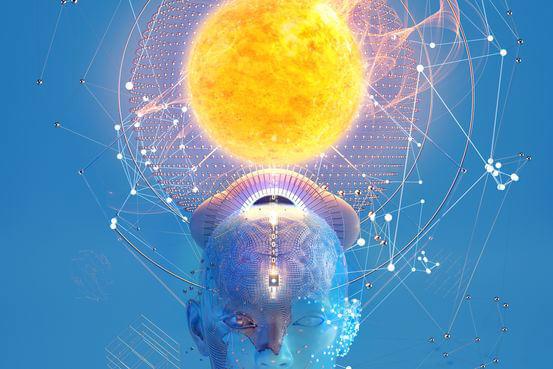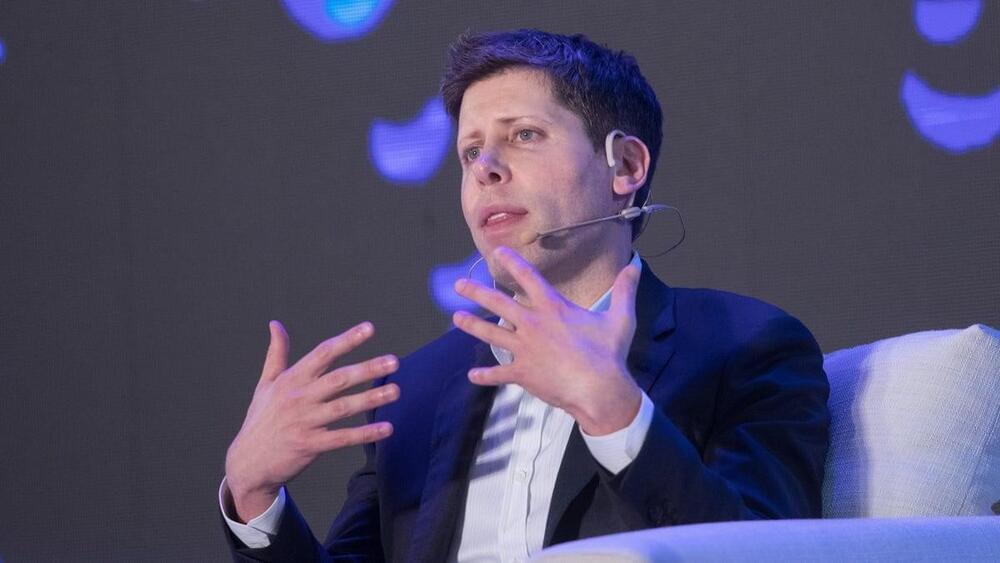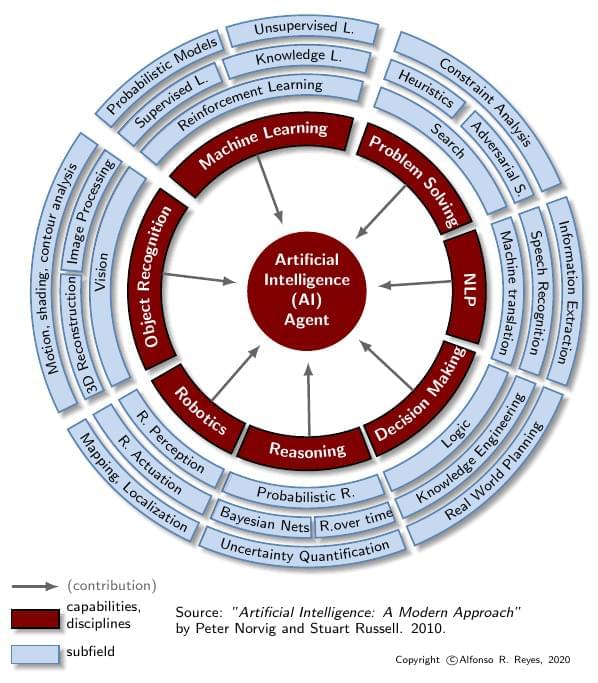Companies that use generative AI tools in Google Workspace and Google Cloud Platform are covered in case of an AI copyright infringement lawsuit.



This Jenner-active AI is frighteningly good.
Our sci-fi-inspired fears of artificial intelligence replicating us may not be unfounded: Meta set off alarm bells after introducing an AI chatbot named Billie that resembled Kendall Jenner so closely, they thought it was the model herself, the NY Post reports.
A video introducing the creepy Kardashian doppelganger is currently eliciting screams across the web.


OpenAI CEO Sam Altman has announced internally that the company is targeting $1.3 billion in annual revenue, according to The Information.
That’s 30 percent more than the $1 billion in annual revenue leaked over the summer, which was already said to have exceeded investor expectations. The new figure suggests more than $100 million in monthly revenue.
The biggest revenue driver is subscriptions to ChatGPT Plus. Last year, without the ChatGPT Plus offering, OpenAI had revenue of only $28 million, with a loss of $540 million, according to The Information.

Recent developments in neuroscience and brain-inspired artificial intelligence have opened up new possibilities in understanding intelligence. Now, a research team led by Tianzi Jiang at the Institute of Automation of the Chinese Academy of Sciences has outlined the key components and properties of an innovative platform called the Digital Twin Brain, which could bridge the gap between biological and artificial intelligence and provide new insights into both. This research was published Sept. 22 in Intelligent Computing, a Science Partner Journal.
Network structure is something that biological and artificial intelligence have in common. Since the brain consists of biological networks, a digital model or “twin” of the brain built using artificial networks would allow researchers to feed knowledge about biological intelligence into the model. The ultimate goal is to “propel the development of artificial general intelligence and facilitate precision mental healthcare,” a feat calling for joint efforts from interdisciplinary scientists worldwide.
Using the Digital Twin Brain, researchers could explore the working mechanisms of the human brain by simulating and modulating the brain in different states for various cognitive tasks. For example, they could simulate how the brain functions properly in a resting state and how it malfunctions in disorders, or develop methods to shift it away from an undesirable state by modulating its activity.

Speaking to partners last week as part of their annual Open Innovation Platform forum in Europe, a big portion of TSMC’s roadshow was dedicated to the next generation of the company’s foundry technology. TSMC’s 2 nm-class N2, N2P, and N2X process technologies are set to introduce multiple innovations, including nanosheet gate-all-around (GAA) transistors, backside power delivery, and super-high-performance metal-insulator-metal (SHPMIM) capacitor over the next few years. But in order to take advantage of these innovations, TSMC warns, chip designers will need to use all-new electronic design automation (EDA), simulation, and verification tools as well as IP. And while making such a big shift is never an easy task, TSMC is bringing some good news to chip designers early-on: even with N2 still a couple of years out, many of the major EDA tools, verification tools, foundation IP, and even analog IP for N2 are already available for use.
“For N2 we could be working with them two years in advance already because nanosheet is different,” said Dan Kochpatcharin, Head of Design Infrastructure Management at TSMC, at the OIP 2023 conference in Amsterdam. “[EDA] tools have to be ready, so what the OIP did is to work with them early. We have a huge engineering team to work with the EDA partners, IP partners, [and other] partners.”
*Chip density published by TSMC reflects ‘mixed’ chip density consisting of 50% logic, 30% SRAM, and 20% analog.




This might be a game-changing tool for accelerating scientific research.
An international group of scientists has begun work on developing a ChatGPT-like tool to accelerate scientific discovery. In recent years, scientists have been leveraging artificial intelligence (AI) for the purpose of advancing scientific research and exploration.
AI’s capability to analyze extensive datasets, simulate complex phenomena, and aid researchers in modeling and comprehending intricate systems has the potential to be a game-changer in various fields, including but not limited to medicine, astronomy, climate science, and materials research.
Laurence Dutton/iStock.
In recent years, scientists have been leveraging artificial intelligence (AI) for the purpose of advancing scientific research and exploration.